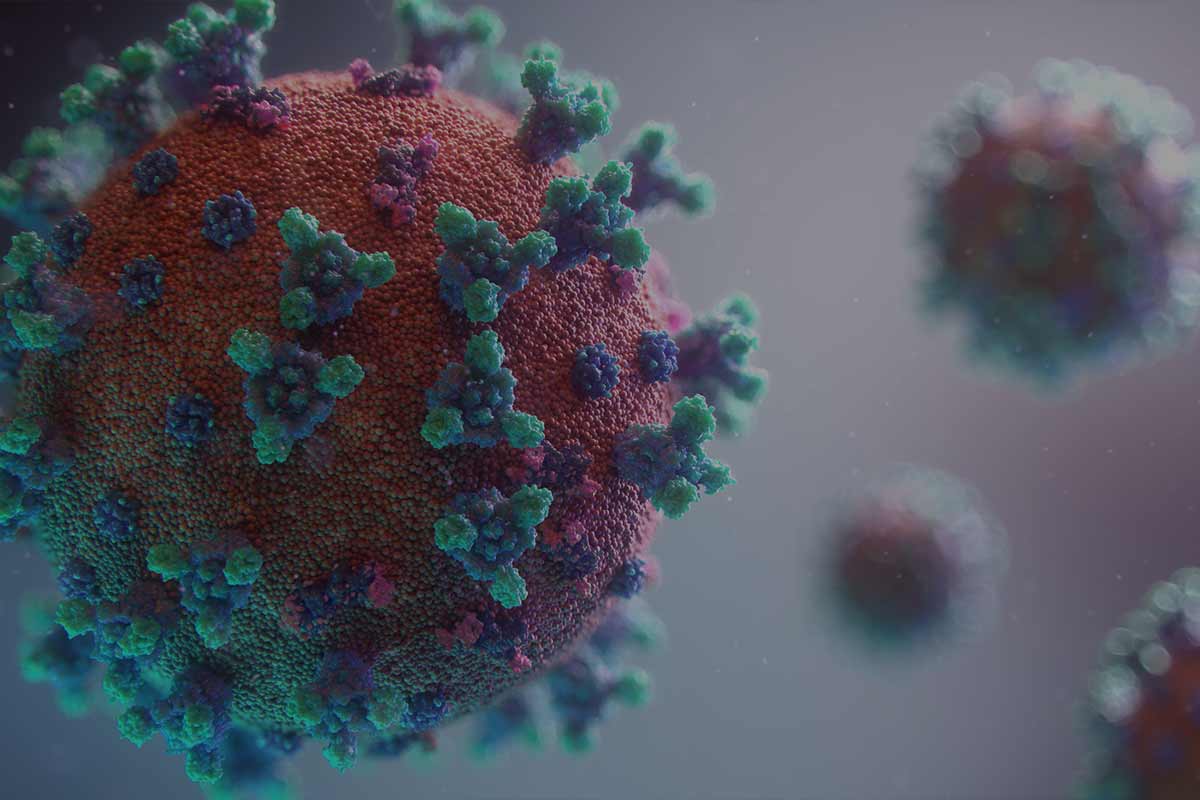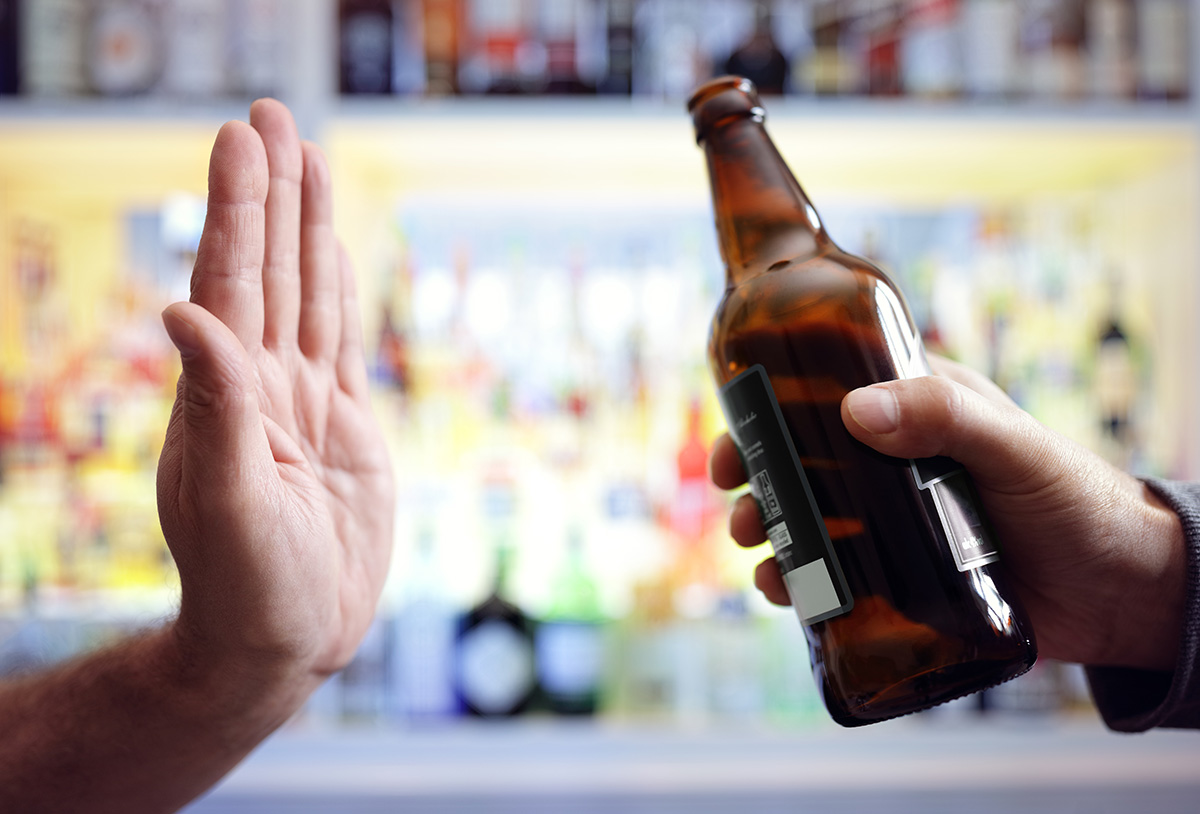

By: Lakeview Health
Is alcohol dangerous? Is alcohol a depressant or a stimulant? Do I need help with alcohol abuse? These are the questions individuals tend to ask when they’re struggling with alcohol addiction. Because alcohol is a legal substance, it can take individuals some time to realize that the substance is harmful. Learning about alcohol, alcohol addiction symptoms, and the importance of treatment can help you to find the help you need to recover from alcohol addiction.
Is Alcohol a Depressant?
Alcohol is a depressant, not a stimulant. This can be hard to believe for some people because alcohol makes them feel more outgoing, talkative, and energetic. Because of this boost in energy levels, many continue to ask the question, “Is alcohol a depressant or stimulant?”
Because alcohol is a depressant, it suppresses inhibitions, making individuals feel more comfortable to act out of character and unreserved. It’s this reaction that makes individuals more likely to continue drinking. They feel less stress, more relaxed, and tend to enjoy themselves more. However, as they continue to drink, the problems begin. Alcohol causes slow reaction times, slurred speech, and a loss of balance. Individuals who continue to drink heavily may also experience intense emotions like anger, depression, or anxiety.
The Importance of Alcohol Addiction Treatment
If you believe you have a dependency on alcohol, it’s essential to find an alcohol addiction treatment center in Jacksonville, FL. As you continue to drink heavily, you find that you require more to feel the same effects. Over time, your body becomes accustomed to drinking, which can make stopping quite dangerous.
At an alcohol detox center, you receive the medical supervision you need to stay safe as you detox and begin treatment. A specialized team is able to monitor your health and ensure your safety during this crucial first step.
Without a professional treatment center, you leave yourself in harm’s way. Withdrawal symptoms of alcohol include the following:
- Anxiety
- Insomnia
- Nausea
- Headaches
- Tremors
- Fever
- High blood pressure
Severe instances can even result in seizures, delusions, and hallucinations.
Once detox is complete, you’re able to continue with the rest of your treatment. Here, you learn healthier ways to manage your stress and mental health instead of reaching for a glass of alcohol. If your mental health is pushing you to drink, dual diagnosis treatment is crucial to treat both issues.
An inpatient program allows you to immerse yourself in treatment after you finish detoxing fully. Through a range of therapies and programs, you can understand your addiction to alcohol, your triggers, and how to prevent relapse once you return home.
Recovery is Possible at Lakeview Health
Is alcohol a depressant? Yes, but help is available through Lakeview Health. Here, we create custom treatment plans for our clients to help them on their road to recovery. We combine a variety of therapies and programs to provide effective treatment and care.
Available programs at our facility include the following:
- Residential treatment program
- Partial hospitalization program
- Intensive outpatient program
- Aftercare program
- Holistic therapy program
To learn more about alcohol treatment at Lakeview Health, call today at [Direct].





